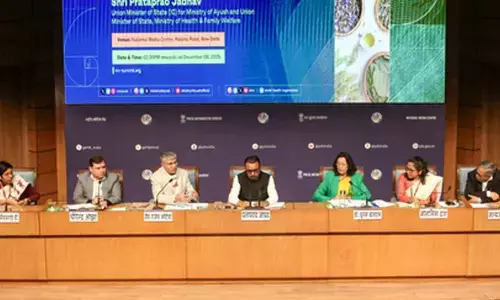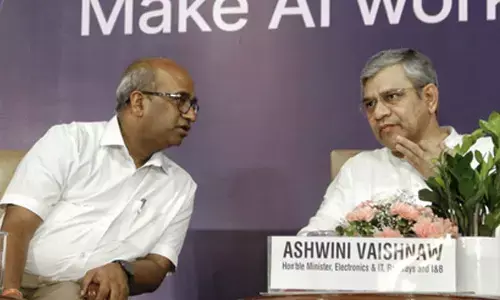Degree vs. Skills: What matters more in today’s job market?

Is a degree the ultimate key to success, or do skills matter more in today’s evolving job market? The debate between degree and skill has been ongoing, with compelling arguments on both sides. While a degree provides structured education and credibility, skills ensure adaptability and relevance. This article explores the importance of both and why a combination of education and expertise is the best strategy for career growth
The degree vs. skill debate has puzzled job seekers and professionals alike. While degrees remain essential in many fields, practical skills often determine success in the modern workplace. From technical abilities to soft skills, staying competitive requires continuous learning. This article delves into the pros and cons of each, highlighting why a balanced approach is crucial for building a thriving career in today’s fast-paced world
The debate on the importance of Degree vs. Skill is longstanding and should be approached from a holistic perspective. Which is more important: Degree or skill? The question has been a part of lengthy debates and discussions. And why not: the topic is complex and there is no straightforward answer either. Depending on your job context and career goal, the scale could shift on either side. While a degree is a structured approach to education, skills are dynamic, transient, and valued in the industry.
Here’s a complete lowdown on degree vs. skill debate:
Degree perspective
Degree remains a requirement of many professional fields. It is a comprehensive approach and signals the rigour of holders. In fields like medicine, engineering, management, etc., you must have a degree to become a practitioner. In other words, having a degree is a mandatory requirement. Further, aspirants applying in computer science, healthcare, and finance could boost their chances if they earn a degree from a reputed institution. However, a degree alone is no guarantee of success. Many students struggle as the degrees they receive are based on outdated knowledge. Further, degrees demand investment and time which mighta not be feasible for many.
Importance of skills
Skills are practical abilities which are extremely relevant today. These are industry-specific an
d vary by nature and role. Technical to interpersonal, skills can be acquired through internships, certifications, etc. Skills like coding, programming, and digital marketing are the ones in high demand. In addition, soft skills such as leadership, communication, and teamwork are also needed across functional departments. Unlike a degree, skills can be updated quickly and can prove crucial in ensuring the progression of aspirants throughout their careers.
Degree vs. Skill: Striking a balance
While a degree opens the door to the professional world, it is skills that keep you steadfast in your career progression.
For a fruitful career, aspirants need to have both a degree and skill. For example, a finance executive with an MBA degree and updated accounting skills will have better prospects than one having only a degree or skill.
Many aspirants also choose to pursue a degree to gain access to a network and continue to update their skills to stay relevant in the profession.
Approaching the degree vs. skill debate from a binary perspective is not the right thing.
These should not be seen as competing interests but rather complementary forces that can collectively boost the career prospects of aspirants to the next level. If you aspire to become a top-notch professional then acquiring a degree and updating skills hold significant importance. In fact, it’s only the combination of both that will help you carve a stupendous career in the industry of your choice.
(The author is Managing Partner at EduShine Search Partners)














